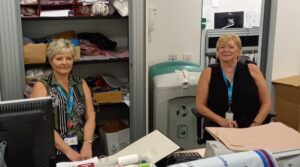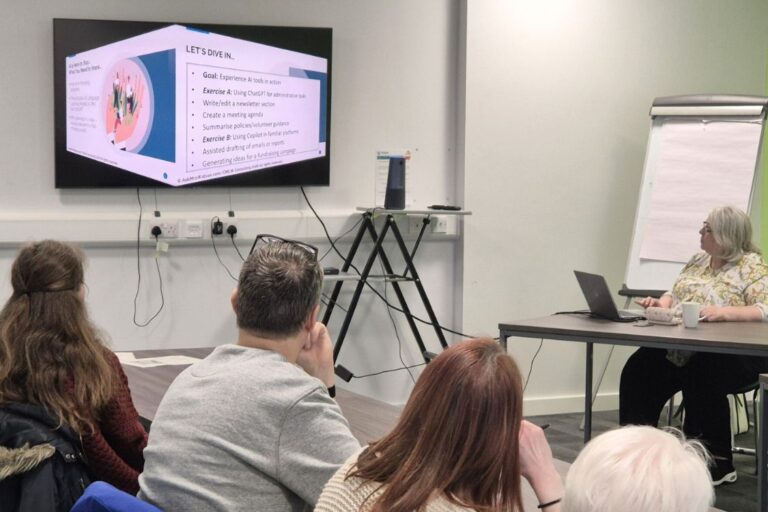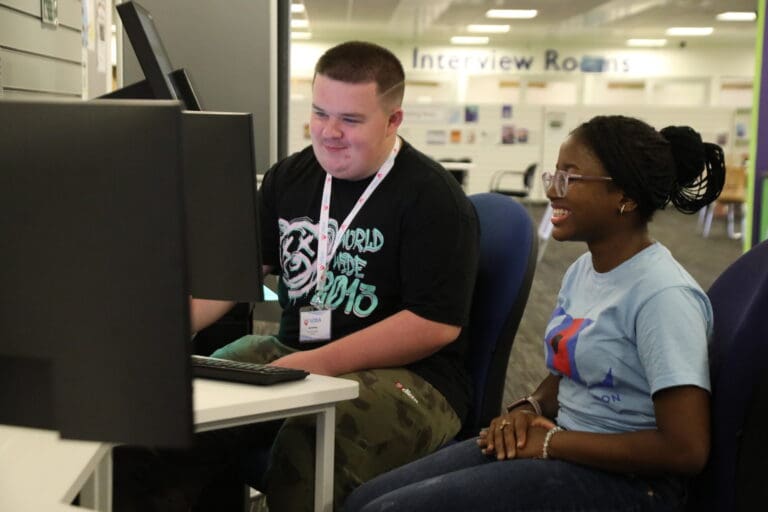 How do you safely get cash from vulnerable residents to volunteers during a pandemic lockdown? This was the issue faced by the COVID-19 Support Hub during the early days of the COVID-19 crisis.
How do you safely get cash from vulnerable residents to volunteers during a pandemic lockdown? This was the issue faced by the COVID-19 Support Hub during the early days of the COVID-19 crisis.
Beneficiaries were shielding at home, with no access to cash, the Click and Collect slots at the supermarkets were full up for weeks and handing over a credit or debit card to someone you don’t know is not something that should even be considered. Plus, the pandemic added in the extra risk of having to deal face to face with another person, which is not ideal when you are self-isolating.
In conversations between North Tyneside Council and VODA, Engie’s Income Management team came up with a simple solution that allowed this to happen in an easy and safe way. A system was quickly devised that allowed residents to ring them and pay up to a certain amount via credit or debit card. This money was then passed to VODA to distribute to a volunteer – in a COVID safe way – along with a shopping list, so that they could do the beneficiaries shopping and then deliver it contact free to their house alongside any change.
The COVID-19 Support Hub Income Management team recently reached the milestone of their 1,000 shopping transaction, totalling over £40,000. This is not the total number of shopping trips made by the hub, but the number of times Team Leader Linda Fulton and the rest of the team have taken payment on the phone for a resident’s shopping, processed the transaction and provided a VODA team member with the cash to give to the volunteers.
However, for the team and the residents, this has gone far beyond a simple financial transaction. As a result of the weekly contacts, relationships have been forged with the residents, many of whom have not spoken to anyone all week. If a resident calls and they are struggling, the team will try and cheer them up.
The volunteers have been amazing too. One heard about a resident who had recently lost her husband and was struggling, so he delivered her a bouquet of flowers along with her shopping to brighten her day. It really helped lift her spirits to know someone out there cared.
Linda commented: “We’ve are privileged to have shared important moments in people’s lives through our regular chats, from the happy birth of grandchildren and great grandchildren, to being a friendly ear when a loved one has died. Some residents go so long without anyone to talk to that they struggle to speak. You end up having some lovely conversations and it is rewarding knowing you have helped them not only with their shopping, but by helping them through isolation with a friendly chat.
“It’s good that things are returning to some semblance of normality, but the downside is that we are really missing our weekly chats with the residents.”
Feedback from residents
“The people there are lovely. I can ring and they give money to someone to do my shopping, they always have time for a chat.”
Barbara – North Tyneside Resident
“I really don’t know how I would manage without this service as I have no other way of getting money for shopping as I can’t go to the cash point and can’t use a computer. It’s a lifeline.”
Albert – North Tyneside Resident
*Photo from left to right, Val Burns Finance Officer and Linda Fulton Team Leader, Income Management, Engie





